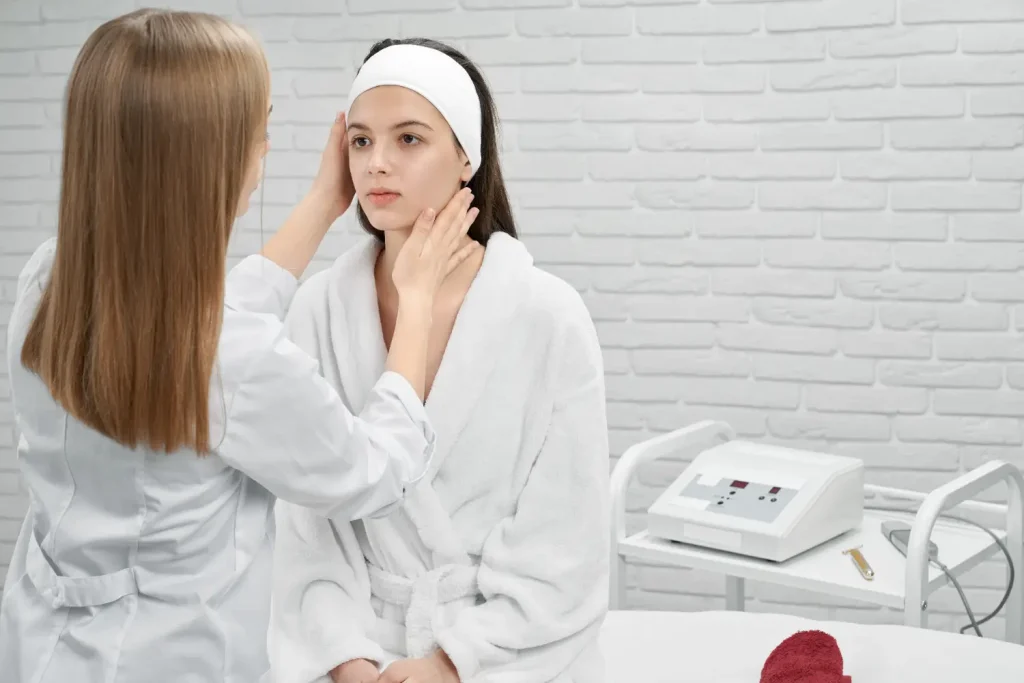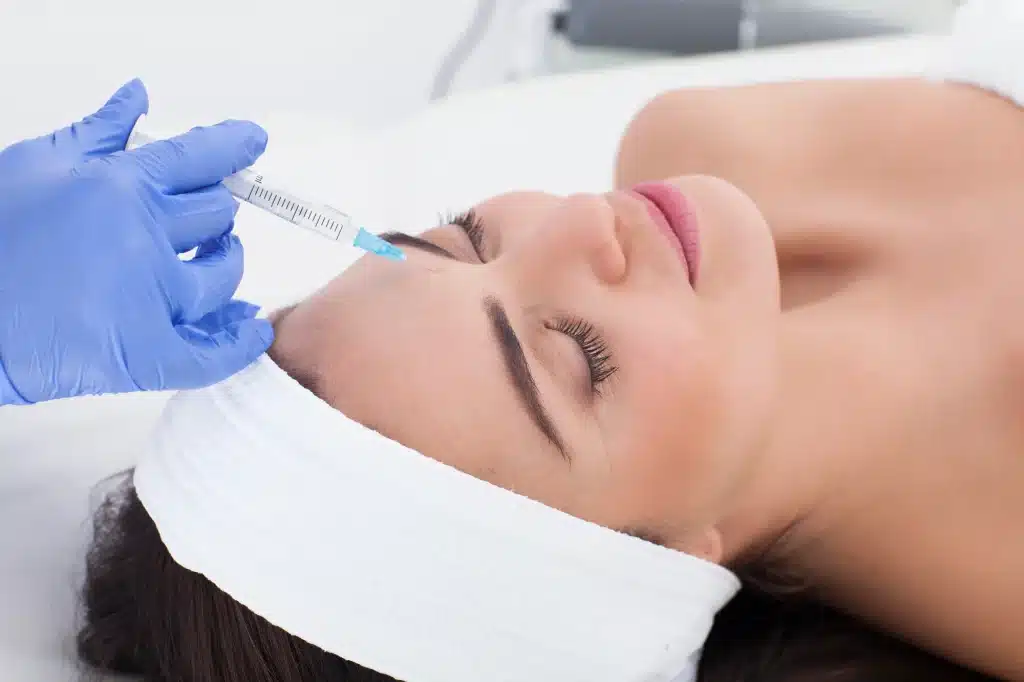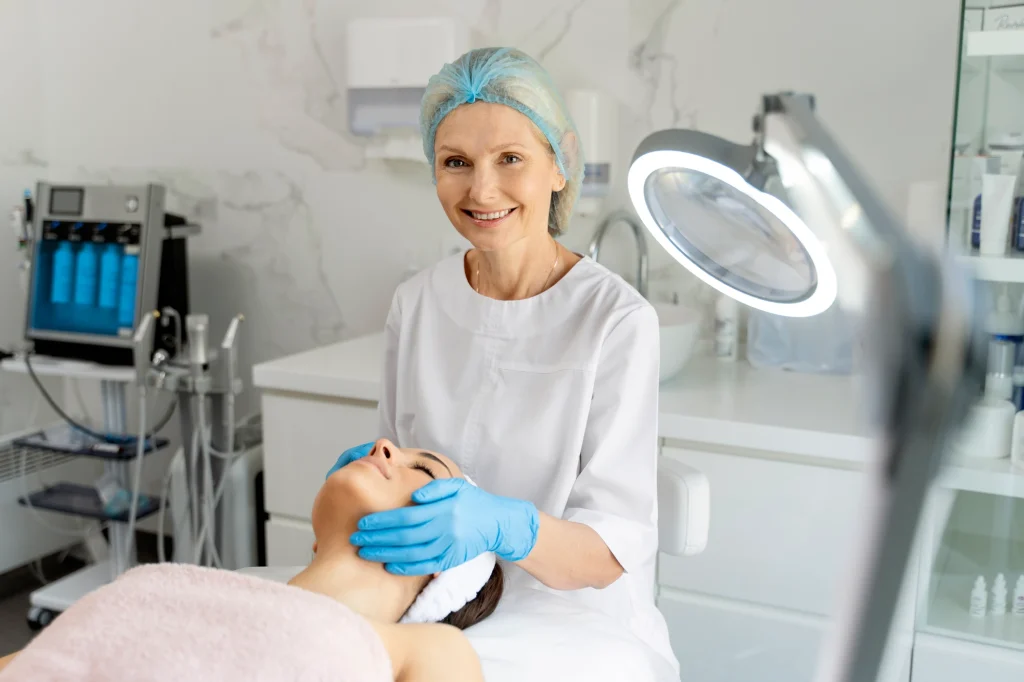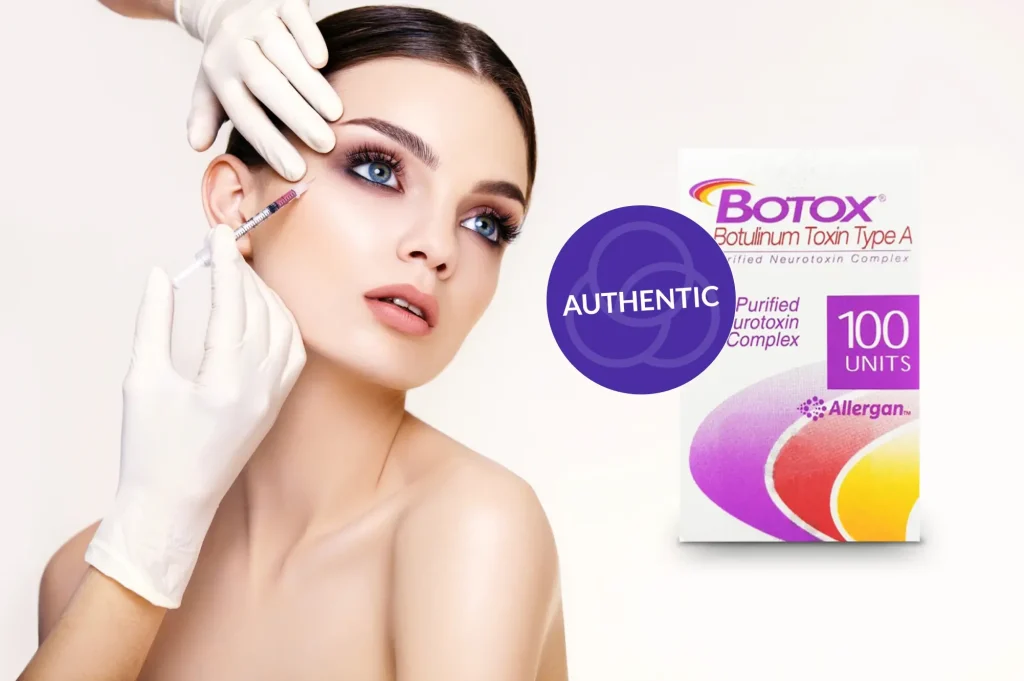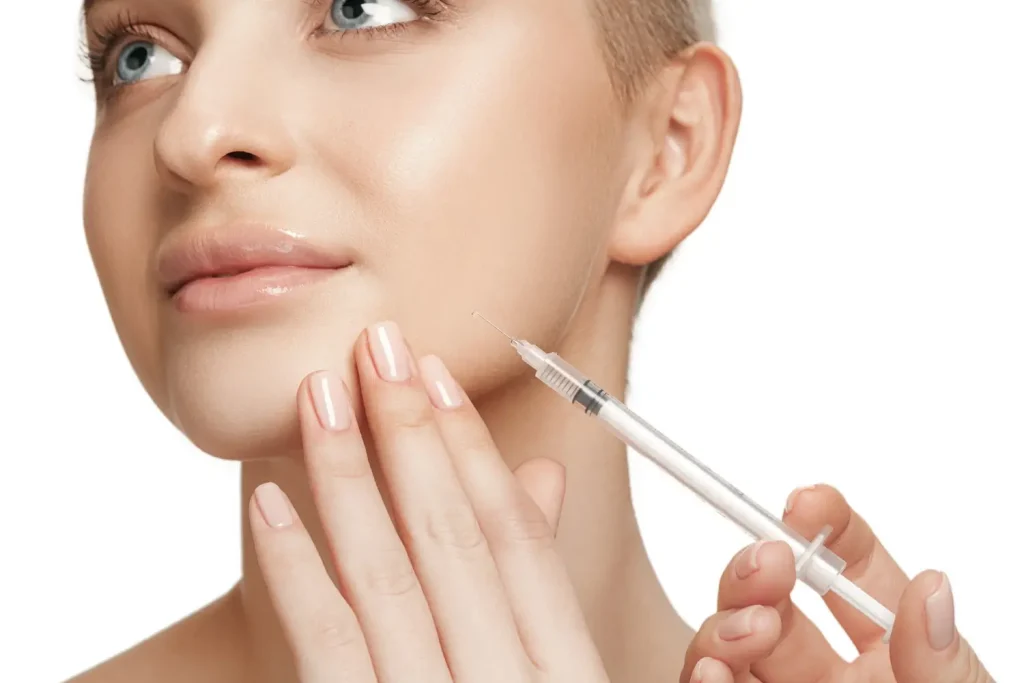Botox should not be confused with the conditioning treatment being marketed as “Botox for hair” for taming frizz and restoring damaged hair. The latter does not contain the bacterial toxin in Botox; it consists of antioxidants and other natural ingredients like collagen, caviar oil, and Vitamin B-5 instead.
Overview
There’s a long list of cosmetic and therapeutic indications for botulinum toxin, and it seems like more are being studied and approved as of late. Botox applications have expanded rapidly and currently involve reducing hair loss and excessive sweating in the scalp area. Over the years, dermatologists have been using Botulinum toxin for a variety of conditions that are not indicated by manufacturers. Even if a certain medication has not been approved for a specific condition, medical practitioners may still prescribe it if they deem it appropriate.
Off-label Use of Botox
Off-label prescribing is a widespread practice. The FDA only regulates the approval of upcoming drugs and not how drugs are prescribed. Standard protocols may also include an off-label use of a drug. Some doctors mention using botulinum toxin for conditions such as depression, inner ear disorders, psoriasis, ulcers, and anal fissures. In addition to facial injections, patients may also receive unapproved injections in their neck, stomach, hands, and scrotum to treat a number of aesthetic and medical conditions.
Benefits of Botox on the Scalp and Hair
OnabotulinumtoxinA has been approved by the FDA to treat hyperhidrosis, or excessive sweating of the underarms. This led some dermatologists to recommend it for excessive sweating of the scalp as well. Botox for hair, not to be confused with Botox injections, does not contain botulinum toxin and is not used by doctors.
How it Works
Hair Loss and Botox
When Botox is injected into the scalp, it reduces pressure and increases blood flow that leads to increased oxygenation in the treated area. It is believed that an increase in blood flow in the scalp region stimulates hair growth and blocks the conversion of testosterone to dihydrotestosterone (DHT)—the main culprit in many types of hair loss. DHT binds to the hair follicles, cuts the growth phase short, and leads to miniaturization or shrinking of the hair follicles.
However, research on this subject are inconclusive. Some studies found that patients noticed hair growth after being treated with Botox for migraines, but other studies report hair loss in patients being treated with Botox.
Botox and Scalp Perspiration
A growing number of dermatologists have claimed that botulinum toxin has an ability to improve hair quality and appearance. How so? Botox has the ability to inhibit the activity of the eccrine or sweat glands, which has the result that patients won’t sweat nearly as much. For any straightened or chemically treated hair, it is known that moisture affects the disulfide bond, which has the role of controlling the hair texture. Minimized sweating on the scalp may lead to a reduction in the tendency of straighter hair to go back into a wavy or curly state.
Safety and Efficacy
While aesthetic and surgical clinics have been offering Botox to treat hair loss, positive results were mostly anecdotal and theoretical. There is currently no strong evidence that supports the claim. Dr. Simon Ourian, a California-based cosmetic surgeon, first claimed the benefits of Botox for hair loss when he noticed hair growth on his mother, who had been injected with botulinum toxin to treat a migraine. It’s important to note that his mother was also having chemotherapy at that time, which made her hair fall out. Hair growth after chemotherapy is predictable even without the use of any medical treatment.
Common Side Effects
Side effects following Botox injection are often caused by erroneous injection and excessive dosage. This can be avoided by following proper injection technique. Common side effects of Botox injection in the scalp area include:
- Bruising;
- Swelling;
- Pain;
- Itchy scalp;
- Nausea;
- Transient headache.
Disclaimer: The contents of this article are for informational purposes only and must not be considered as medical advice. We, MedicalSparx.com do not agree, endorse or approve opinions expressed by authors of our medical community. Articles are not reviewed for accuracy by MedicalSparx.com. You should always consult your doctor when seeking medical advise.




